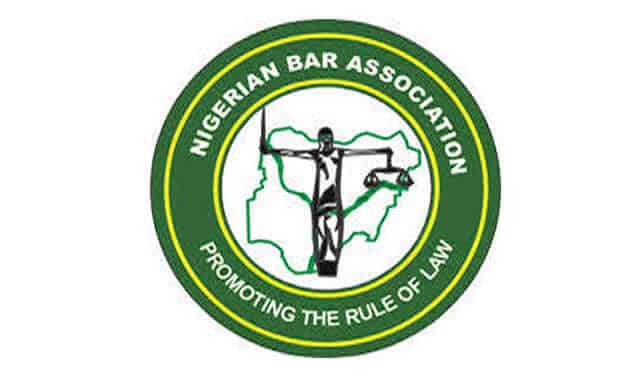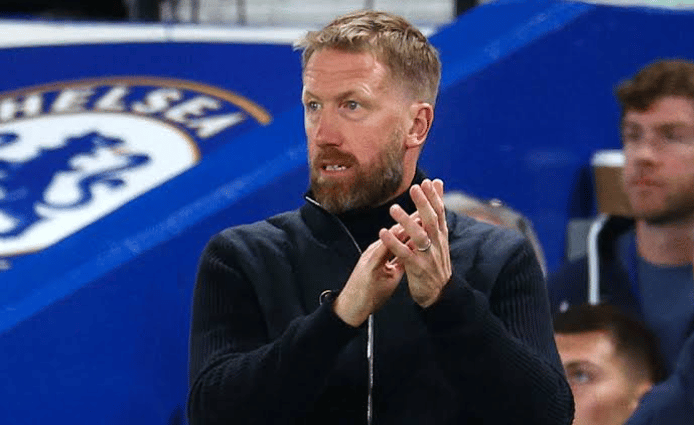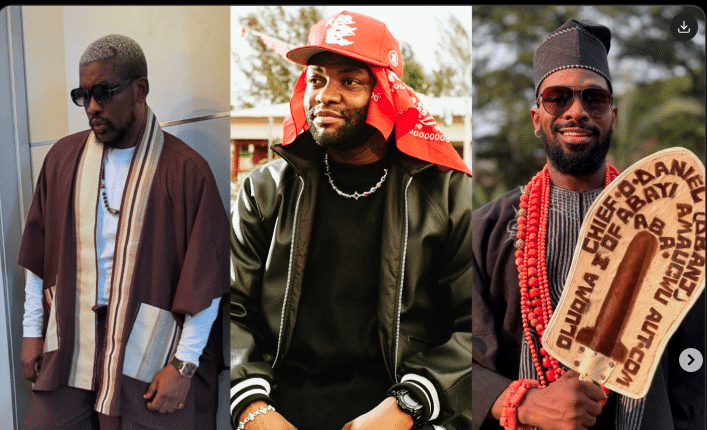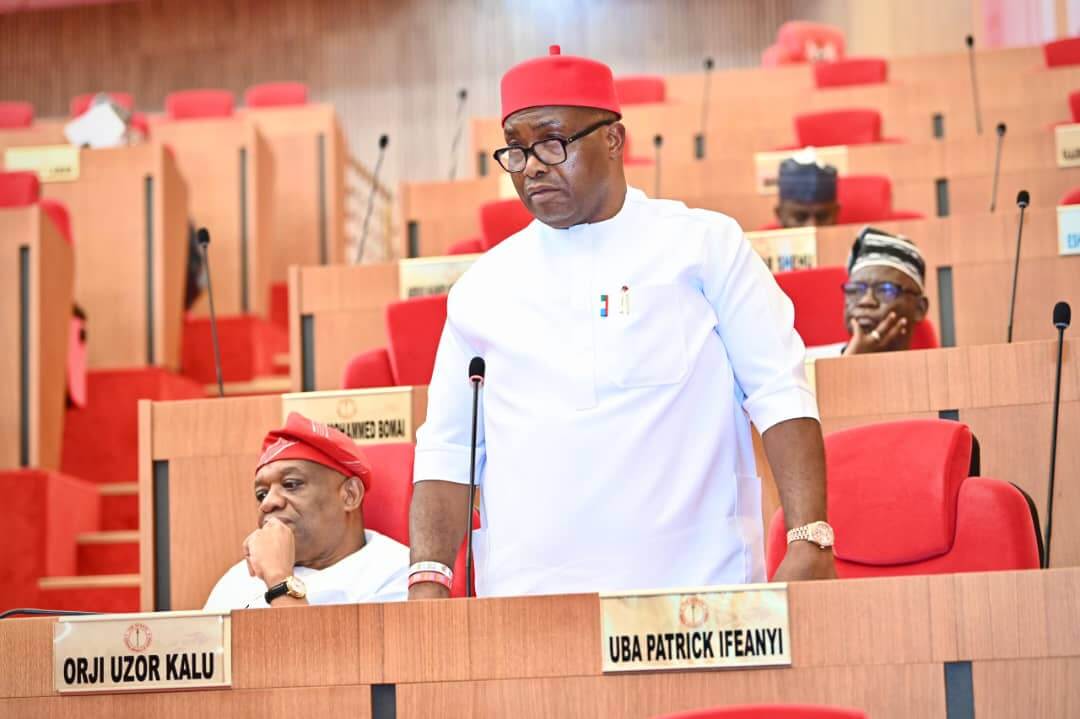Former Governor of Kano State, Malam Ibrahim Shekarau, has said that during the eight years he served, he never negotiated with any contractor for the payment of kickbacks.
The former Minister of Education, under the administration of Goodluck Jonathan, also observed that he never withheld local government allocations from the federation account.
Shekarau made the revelation on Wednesday in Abuja at a press conference ahead of the 70th-year anniversary celebration of the Muslim Students’ Society of Nigeria (MSSN) slated for October 12.
The former governor, who is the chairman of the organising committee for the event, said he never accepted kickbacks during his eight years in office and 44 years of public service, citing the moral teachings he received from the MSSN, an organisation he was a part of during his youth, as the reason for his integrity.
Shekarau, who served as governor from 2003 to 2011, challenged any contractor who worked with the state government during his tenure to come forward if they have evidence of him receiving kickbacks.
He said: “In 1980, I was a school principal for 13 years. I became a general director of education, supervising over 20 schools. I became director at the headquarters in charge of Planning, Research, and Statistics. I was a Permanent Secretary in Education, Permanent Secretary of Water Resources, Permanent Secretary in the State Civil Service Commission, Permanent Secretary in the Cabinet Office for seven years before I became a governor.
“So in these 44 years, I am bold to say that I’ve never negotiated with any contractor. When I was a school principal in the 1980s, we were buying almost everything in our schools from textbooks, exercise books, beds, mattresses, but we always insisted on quality value for our money.
“I have never negotiated any percentage with any contractor. I always challenge them back home. If any contractor that worked with me in the last 44 years knows that I’ve asked him for a percentage, or you have brought any money, let him come out to say it.”
He added that none of his commissioners has ever brought any money to him in the name of a kickback from a contractor, adding that he also didn’t withhold local government allocations or collect a dime from a local government chairman.
“All we did through the state assembly, we created guidelines, rules, and regulations governing their operations. We allowed them to do their job with their councillors. You find a chairman executing a project of 100 million, 200 million, guided by the state government.
“If you want to, for example, construct a 200 million naira road, the local government doesn’t have all the engineering staff to do it. We bring them to the state, ask our engineers to do the details and work out everything. We give it back to them, go to your council and award the contract to whoever is fitting.
“So, these things are doable. Up until the end of my second tenure in 2007, I had no house of my own. I remember an elder statesman, who was my former teacher, a few months before the election, came to me saying he wanted to delve into my personal affairs. I agreed. He asked that suppose I lose the election of April 2007, which house will I go to? I told him I don’t know and I will go back to a rented house.
“At the time I contested the first election, I didn’t have up to N100,000 in my account. People saw what we did and saw what we contributed. I was literally dragged to participate. I voluntarily had to retire from public service in the year 2001 and by 2002 I joined ANPP. My governor, then sitting governor, Kwankwaso, was laughing and described me as a frustrated teacher, but we beat him. I was the first person to defeat a sitting governor in that state.”
The two-term governor said issues of internal crisis that threatened the coherent existence of the MSSN have all been addressed.
According to him, the society, through its members, has contributed immensely to the development of the country, and ensured that its members are God-fearing, knowledgeable, united, and with superior moral values.
Shekarau assured that the association would strive to introduce new programs and processes that would consolidate the fostering of unity and brotherhood, and encourage members to participate in politics and governance.

 3 months ago
6
3 months ago
6















 English (US) ·
English (US) ·